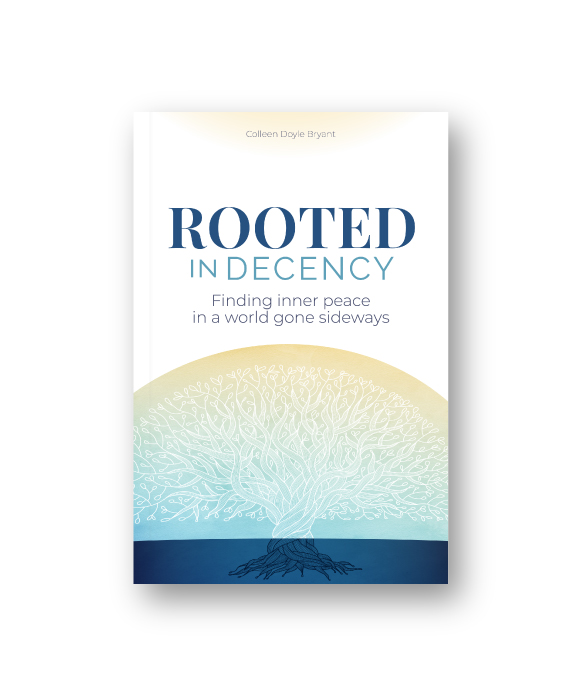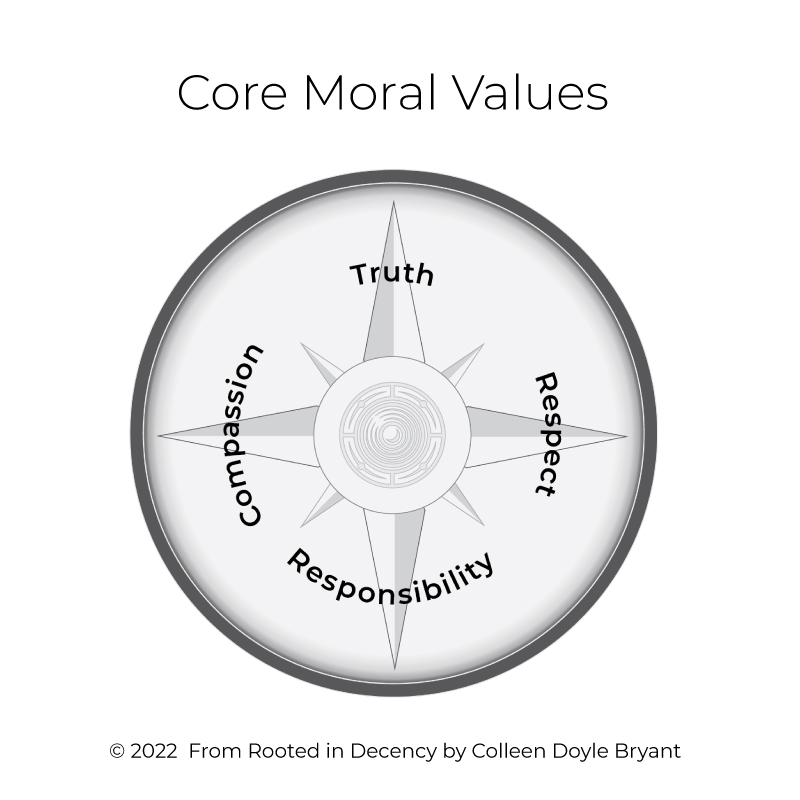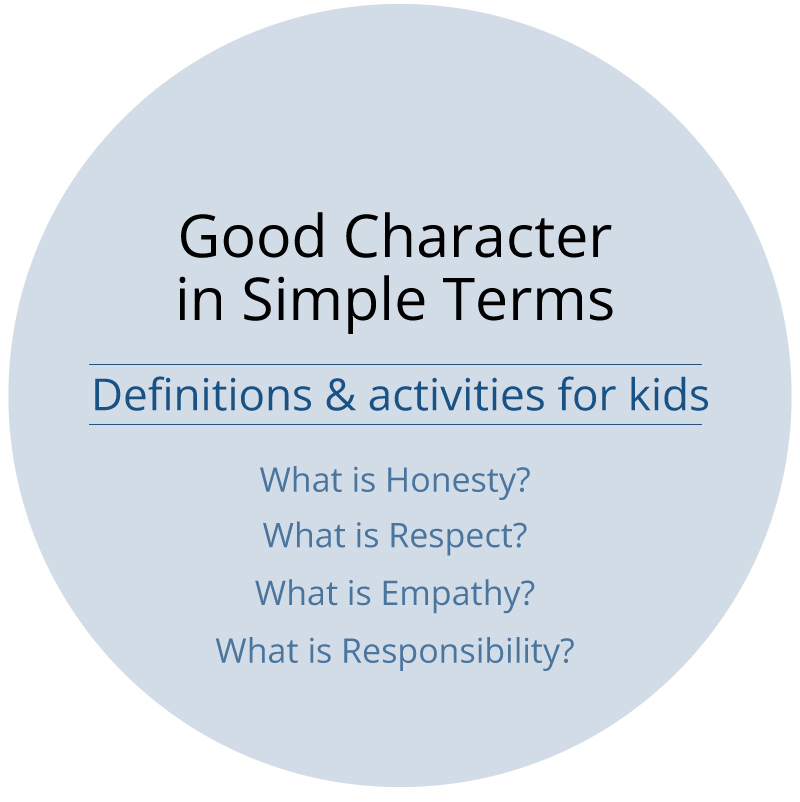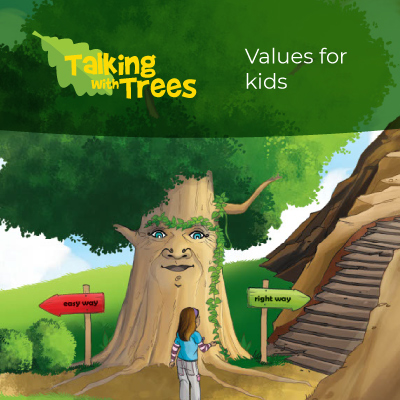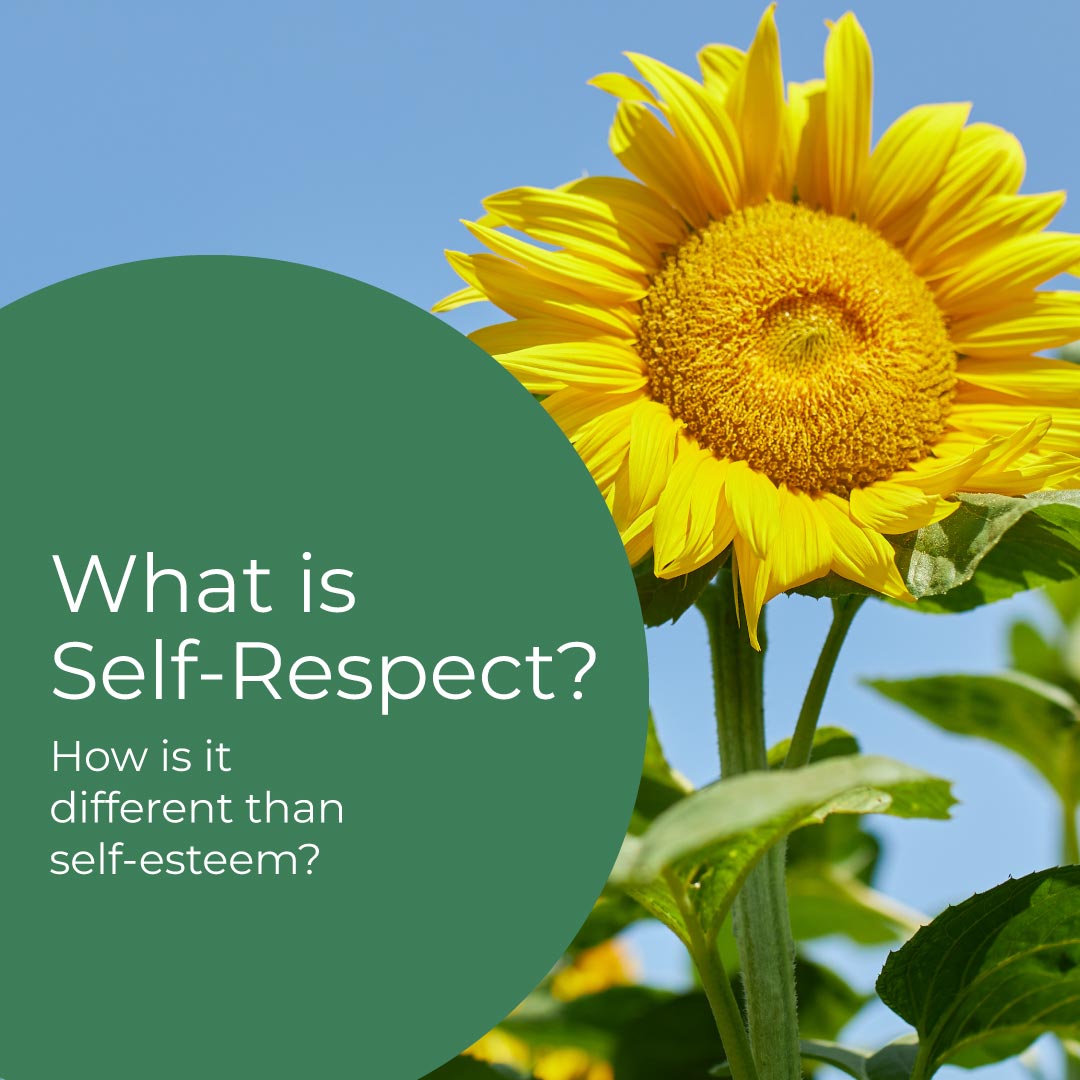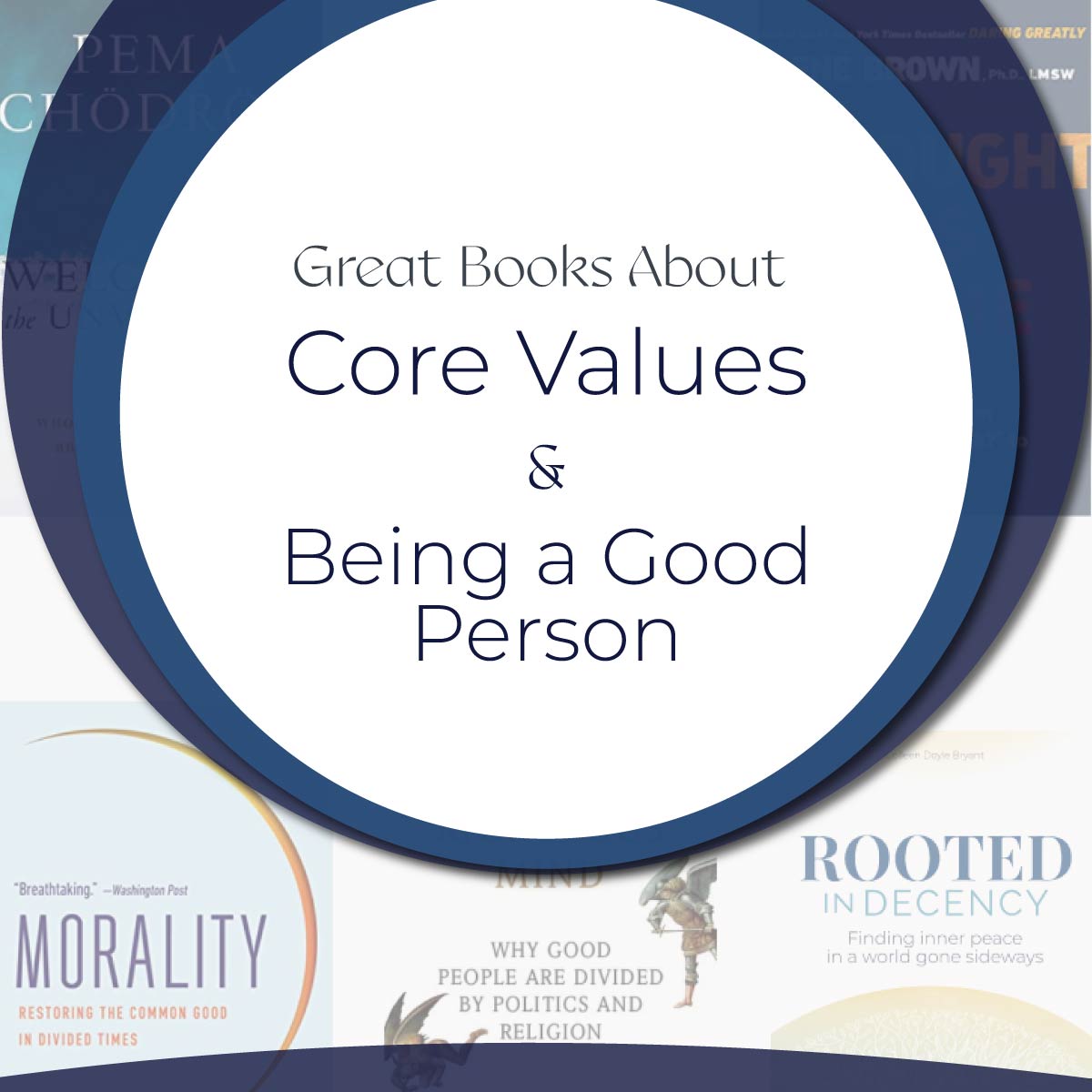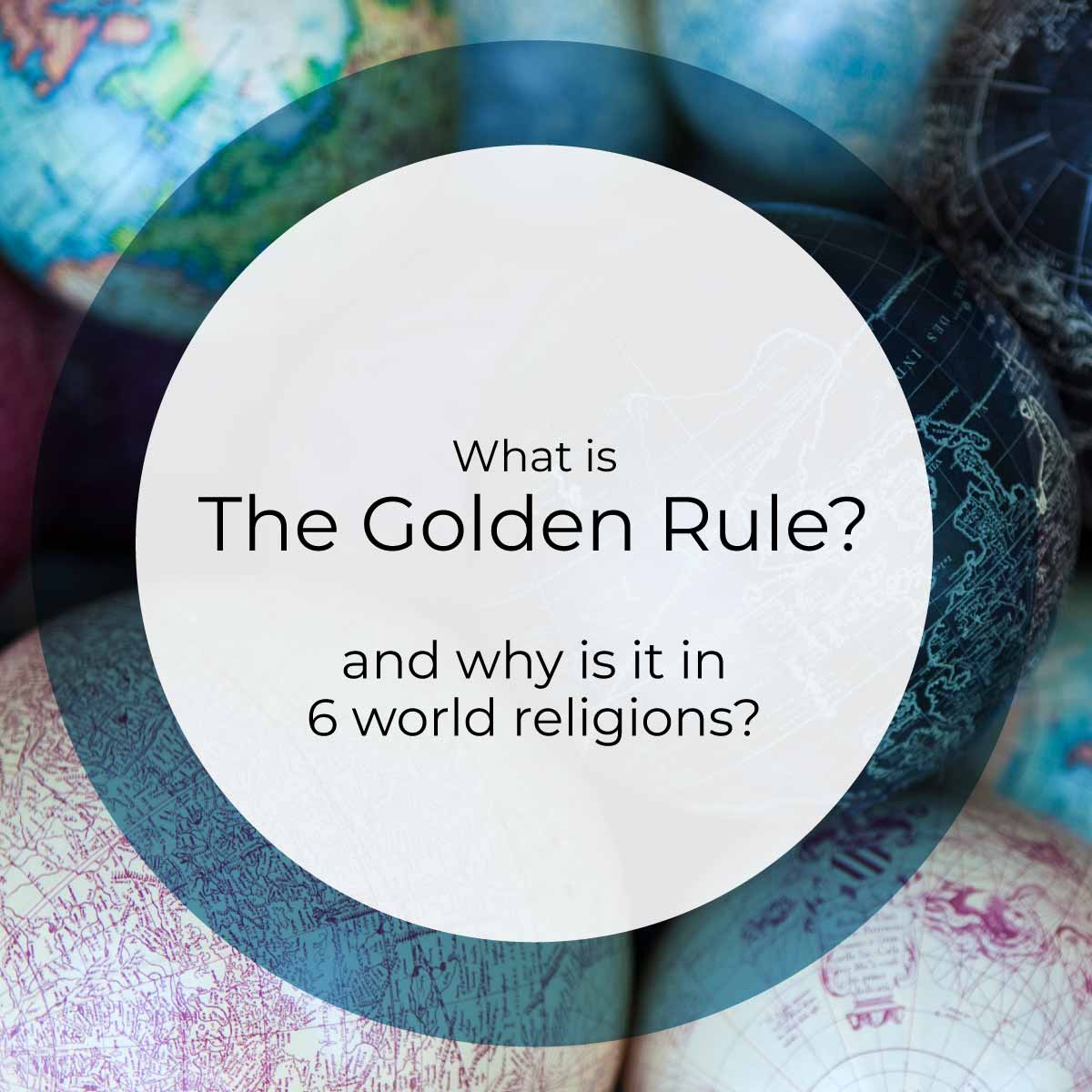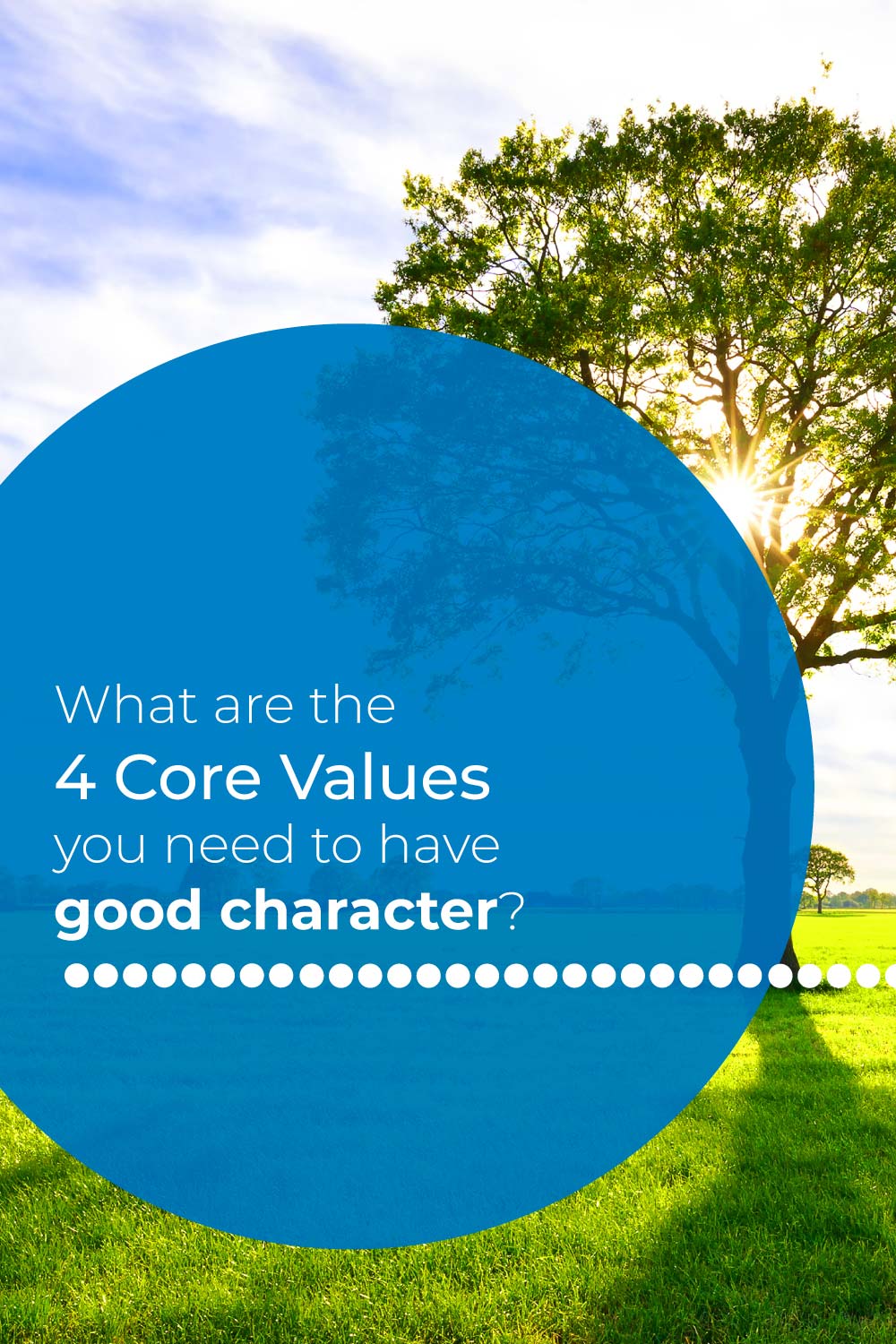
In today’s climate where we seem to have such polarized views, it may be hard to imagine that we have any shared values. Yet if Jesus, Buddha, and Aristotle sat down to tea, they might help us see that our belief systems have much more in common than we realize.
In fact, we’d need a bigger table and few more scones, because when you look across six of the world’s major belief systems, the Greek philosophers, and examples of countries with non-religious populations, we’d find that we could invite representatives from all of them, and the conversation would still include a lot of shared values about how good, decent people behave with one another. The way different groups define good character and common decency is surprisingly, universally human.
Which core values do we share?
During research for the book, Rooted in Decency, I found myself asking: Who decides what being a good, decent human looks like? Where do morality and our ideas about the right way to treat each other come from? So I researched the moral codes of six major enduring belief systems / religions: Hinduism, Judaism, Confucianism, Buddhism, Christianity, and Islam. I also dug into the Greek philosophers, Aristotle in particular, because Greek philosophy is the basis for modern moral philosophy and it's the basis of our judicial system, which is how we enforce ideas about right and wrong. Finally, I explored how people behave in societies where religion is no longer a dominant force in society because we can’t assume people are basing moral decisions on religious beliefs today. As of 2019, more than a quarter of Americans identify as atheist, agnostic or “nothing in particular.” Around the world, the percentage of non-religious people is often higher, such as in France and Germany (40%), Britain (53%), Australia (30%), and Japan (80%).
Core Human Values
What the research revealed, is that when you isolate moral codes about how humans should treat each other, the behaviors valued by each of the world belief systems are nearly identical. You may have personal values or values that are specific to your religious practice, but when we're talking about living with common decency and acting with good character, humans agree on four core human values:
- Truth
- Respect
- Responsibility
- Compassion
Have a look at the diagram below to see words that appear over and over in the belief systems and how they can be grouped into these 4 core values. (If you want the specifics on each belief systems, check out Chapter 12 of Rooted in Decency.)
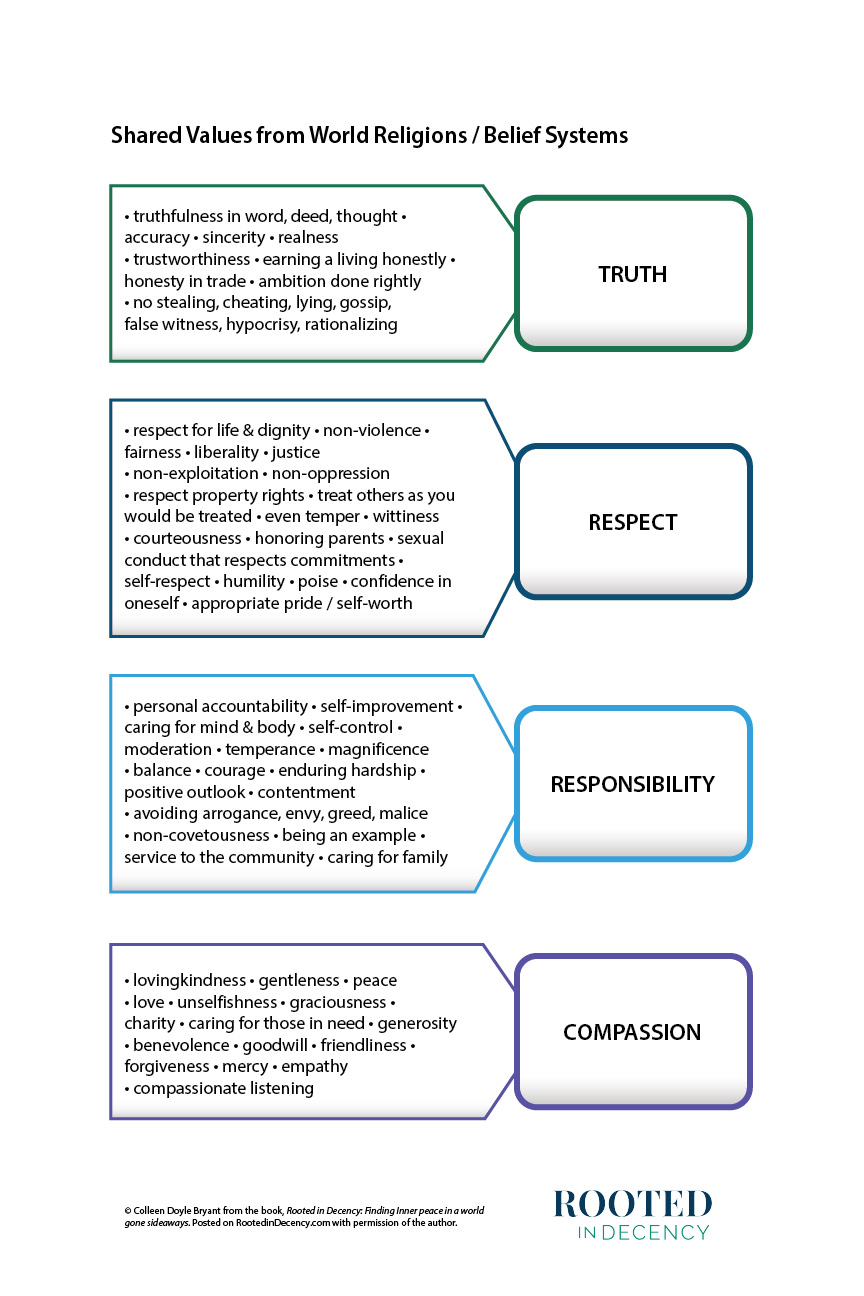
What Does Good Character Mean?
Let's get a little more specific about what these four core values mean, and how the world's religions / belief systems describe the types of behaviors that make someone a person of good moral character.
Core Value 1: Truth
Each of the seven enduring belief systems emphasized the value of being truthful in words, deeds, and intent such as:
- Being honest with ourselves about our motives
- Acting with sincerity
- Speaking truthfully and accurately
- Acting honestly in trade, in relationships, and with property
Morality grew from our need for trustworthiness, fairness, and cooperation, and truth is the foundation on which all of those are built. We can’t cooperate without trust; and we can’t trust without truth.
Learn more:
- See What is truth and honesty? from Rooted in Decency
- For kids: What is honesty?- A simple definition
Core Value 2: Respect
Respect as a value is about treating people and principles with care, including treating others with the dignity and fairness we’d like in return. That reciprocity—I’ll treat you the way I’d like you to treat me—is a key way we are able to cooperate and live peacefully in a society. Behaviors that foster self-respect and respect for others include:
- Self-care, self-worth, living in line with your own moral principles
- Respect for life and human dignity
- Treating others with courtesy and kindness
- Fairness and justice
This value is about much more than courtesy and admiration. Respect is an essential rule of engagement for a stable, fair, and just society.
Learn more:
- See What is respect? from Rooted in Decency
- For Kids: What is respect?- A simple definition
Core Value 3: Responsibility
Responsibility is about being aware of how our actions create consequences and it’s living up to the demands of both give-and-take in our relationships. To reap the benefits of being part of society, one takes on reciprocal responsibilities—because with rights come duties. The belief systems all included guidance on responsibility to oneself and to others:
- Developing oneself; Exercising self-control, balance, and moderation
- Taking care of others; Reciprocating with good will
- Personal accountability for your actions and consequences
Even though responsibility may feel like a weight to carry, it also liberates us and empowers self-determination.
Learn more:
- See Chapters 19-20 in Rooted in Decency
- For kids: What is responsibility- A simple definition
Core Value 4: Compassion
Compassion is about connecting with each other as fellow travelers who are all experiencing the wonders and the tragedies that are part of being human. Each belief system includes themes around caring for others not just out of obligation, but with a sense of empathy and benevolence:
- Friendliness, goodwill, graciousness
- Forgiveness, mercy
- Unselfishness, generosity, charity
Compassion isn’t just about relieving suffering. Compassion requires us to find balance between competing needs and it encourages us to enjoy life together.
Learn more:
- See Chapters 21-22 in Rooted in Decency
- For kids: What is empathy- A simple definition
Using the 4 Core Values in Balance

One of the reasons we’re seeing so much divisiveness today, is that people think they are acting with good values, but they aren't using their core values in balance with each other. You can use too little of a value, but you can also have too much of a good thing.
To truly be decent to each other, we need to consider whether we're using the right value, in the right amount, with respect to all our moral values. Maybe you've seen some examples like these lately:
Using Respect to Justify Disrespect
Most of us would agree it’s morally wrong to degrade others. Yet today, some groups have so much respect for their own cause and ideology, that they are willing to act in a degrading, and even aggressive way toward people who don’t agree with them. That’s using too much respect to justify disrespect. People may have so much respect for their own ideology that they are willing to ignore the truth, act irresponsibly, or refuse compassion to people they don’t agree with. (Read more in this free chapter: What is Respect?)
When Too Much Compassion Causes Harm
Most of us agree that we should be compassionate and shouldn’t intentionally cause suffering. Yet today, some groups prioritize compassion to the point that it has become irresponsible and ultimately creates more suffering. The homelessness crisis, for instance, is discussed in terms of whether too much compassion for the unhoused is causing them harm as well as causing harm to the safety and livelihoods of others in the community.
To figure out where we draw the lines about what the right thing to do really is, it helps to step back and consider the values together, and to see that we don't use values in an all-or-nothing sort of way. Rather, there's a range of how much is the right amount of a value to use based on the situation.
Acting with good character means someone chooses to act with core human values—Truth, Respect, Responsibility, and Compassion—and that they choose to act with the right values in the right balance, given the situation.
What is good character and why does it matter?
For more on how we can find a balance in applying these core human values to have good character and common decency, see Part Three of Rooted in Decency. The book includes chapters on all four core human values—Truth, Respect, Responsibility, and Compassion— along with examples of how to navigate the gray areas in today's moral dilemmas. Explore these free sample chapters on What is Truth or What is Respect for a preview.
